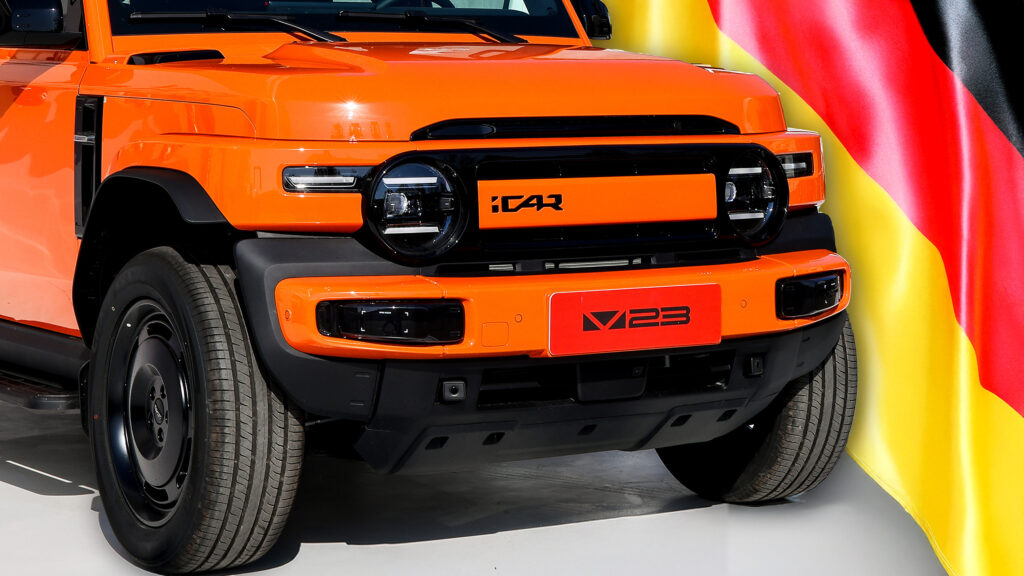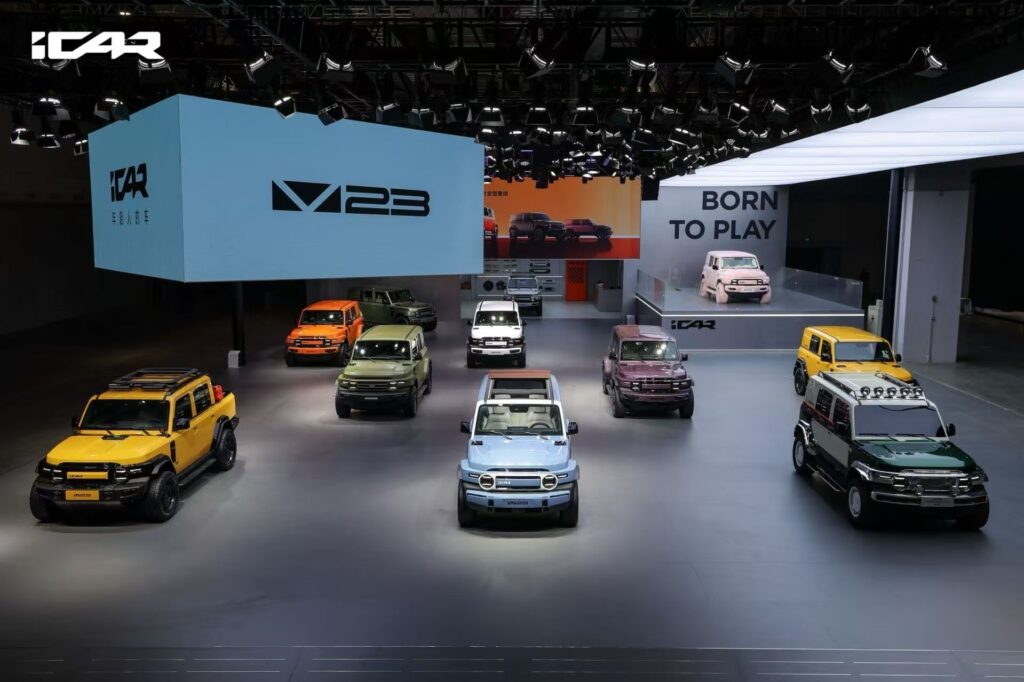Elon Musk Was Targeted By Russia, FBI Whistleblower Claims

- A former FBI agent claimed that the agency was wary of Musk falling under the Russians’ influence.
- He explained that one of the ways this could happen was by placing agents inside Elon’s inner circle.
- Despite the controversy, it appears that Musk was never formally under investigation by the FBI.
Being one of the world’s richest and most influential figures definitely has its perks. Those private jets and space-bound adventures aren’t going to pay for themselves, after all. But it also puts a target on your back. Elon Musk is, undoubtedly, one such person, no matter what you might think of him, and he is no exception to the rule.
More: Furious Protesters Smash A Tesla To Pieces In ‘Everyone Hates Elon’ Event
One actor who is alleged to have tried to gain access to Musk is one of America’s oldest enemies: Russia. Or at least that’s what ex-FBI agent-turned-whistleblower Jonathan Buma alleges. Although the 48-year-old didn’t divulge details on why Musk was targeted by Russian operatives, he firmly believes that it was a real threat.
A Clear And Present Danger
He did say that the way in which Russians tried to get access to Musk was by placing certain individuals, who at the time got influence with him, within his inner circle. “Those efforts were intense and they were ongoing”, he told German broadcaster ZDF and UK news outlet The Guardian. “I can’t go into too much more detail,” he conceded, but did note that Musk himself wasn’t under investigation by the FBI.
Apparently, it was reported that Buma wasn’t the only one concerned about Musk falling under Russian influence. In July 2022, the Wall Street Journal reported that his wealth manager, Jared Birchall, had “cornered” his employer about a new adviser named Igor Kurganov. He was a Russian-born ex-professional gambler who, according to Birchall, “suddenly had immense influence on what to do with Musk’s money” after having spent some time with him during the pandemic.
The FBI reportedly took interest into Elon’s new friend, with an agent making inquiries as part of his duty to “watch out for foreign interference in US companies”. Nevertheless, he had no known connections to Russia, apart from being born there, and was never named a foreign agent. Still, according to the report from the Wall Street Journal, Birchall asked Musk to remove Kurganov from his post at the latter’s private foundation in May 2022, which he did.
Musk’s Contacts
How Elon chose to spend his money was of no real interest to the US intelligence gathering community. On the other hand, whom the head honcho of not just Tesla but, more importantly, SpaceX did talk to about personal issues, business and geopolitical topics, likely was.
According to the same WSJ report from 2024, Musk had allegedly been “in regular contact” with Russia’s president, Vladimir Putin, since late 2022. Musk, however, denied this, stating as recently as last week during an interview with Bloomberg that, aside from a video call five years ago, he hasn’t spoken to the Russian president.
More: Musk Says Only Way Tesla Gets A New CEO Is If He Dies
Now, China may be the new superpower that replaced the USSR as the true US antagonist in the world scene, but underestimating Putin’s Russia would be a grave mistake. The ongoing war in Ukraine is as stark as reminder as anyone would need, if there was ever any doubt about that. While not as technologically advanced as America or the People’s Republic, it still has a huge amount of geopolitical clout so it can sit on the table with the other two and demand to have a say in how the world is run.
Tesla Needs To Solve Its Issues, Not Worry About Its CEO
All this could place Musk and Tesla between a rock and a hard place, especially if he’s being targeted by enemy #1 while his company builds cars in enemy #2’s soil. Even if that’s the case, it doesn’t prove Elon is compromised in any way – he could just be another businessman trying to maximize his companies’ profits.
Nevertheless, with Musk getting very political and becoming a close ally to US President Donald Trump, things have become much more complicated. True, they always are when money, politics and, ultimately, power come together. Tesla has, so far, faced more than its fair share of backlash against Musk’s politics. Ultimately, though, falling stock prices and plunging sales may just be the tip of the iceberg – and, ironically, Elon himself could be held accountable for many of his company’s problems.






